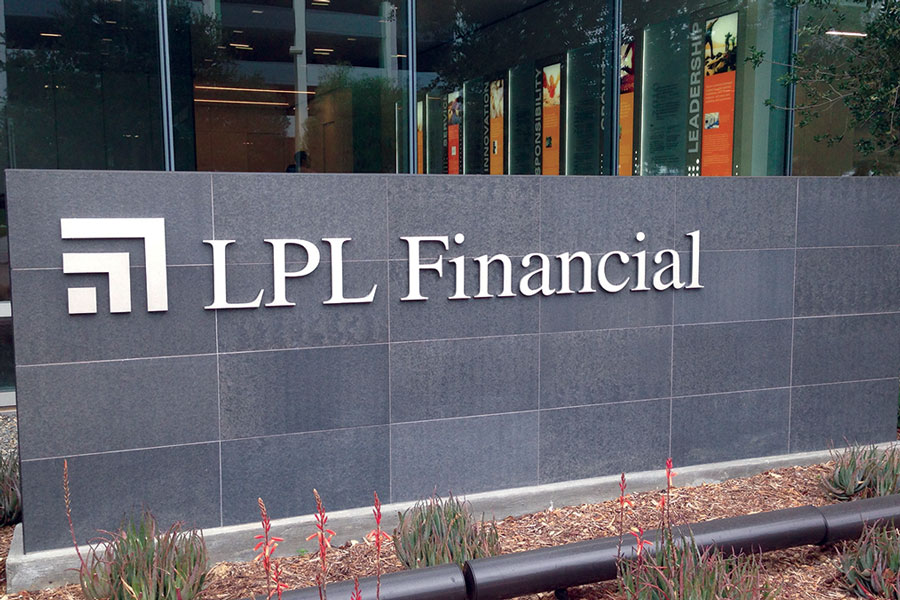The largest IBD in the country has agreed to buy a small broker-dealer in Florida to kick off the new effort.
LPL Financial, which has grown into one of the largest brokerage firms in the country by hiring advisers who act as independent contractors, is creating a new model which would employ brokers working directly for the firm.
In a presentation to investors in New York on Wednesday, LPL said a new part of its strategy would "create a new, unique employee model for independent-minded advisors who do not want to manage every aspect of a business."
And it appears that the firm is already working to that end. On Tuesday, LPL Financial's parent company, LPL Financial Holdings Inc., said it was buying a small broker-dealer in Florida, Allen & Co., with 30 advisers and about $3 billion in assets. Those advisers are employees of the firm.
As part of the deal, LPL will keep the firm's operations and brand. Terms of the deal, which is expected to close by the end of the year, were not revealed.
LPL on Wednesday also said it was working to attract advisers who do a larger amount of advisory business as opposed to commission business. While LPL is an industry leader with 16,000 advisers and $5.2 billion in revenue last year, the percentage of revenue derived from fees is lower than its top competitors. According to InvestmentNews data, LPL in 2018 generated 34.6% of its revenue from fees. That compares with 70% for Commonwealth Financial Network and 56.2% for Cambridge Investment Research Inc.
The contrast between an adviser who is an independent contractor and a brokerage firm employee is stark. Independent contractors keep a larger percentage of the revenue they produce — typically 80 cents on the dollar — from fees and commissions but foot the cost of running their own practice.
A traditional employee broker or adviser takes home less revenue, usually 40 cents on the dollar, but the firm pays for the adviser's office, assistants and other support services.
LPL competitors like Raymond James Financial Inc. and Ameriprise Financial Inc. already have dual models for brokers who are employees and those who are independent contractors.
The employee model represents a huge, untapped market for LPL. One competitor said the company has a history of trying new avenues to increase its business.
"It's proven tough for [LPL] to grow organically, so it's not surprising that they are trying other options," said John Rooney, managing principal with Commonwealth Financial Network, an independent broker-dealer. "They have tried different angles, like Nest Wise for trainees, but that didn't pan out."
"Frankly, we haven't seen the groundswell of demand for the employee model," said Mr. Rooney. "Advisers are interested in the RIA model, which also attracts the larger producers."
A spokesperson for LPL Financial, Lauren Hoyt Williams, declined to comment.
LPL on Wednesday also said it was increasing its spending on technology this year by another $15 million for a total of $150 million.







